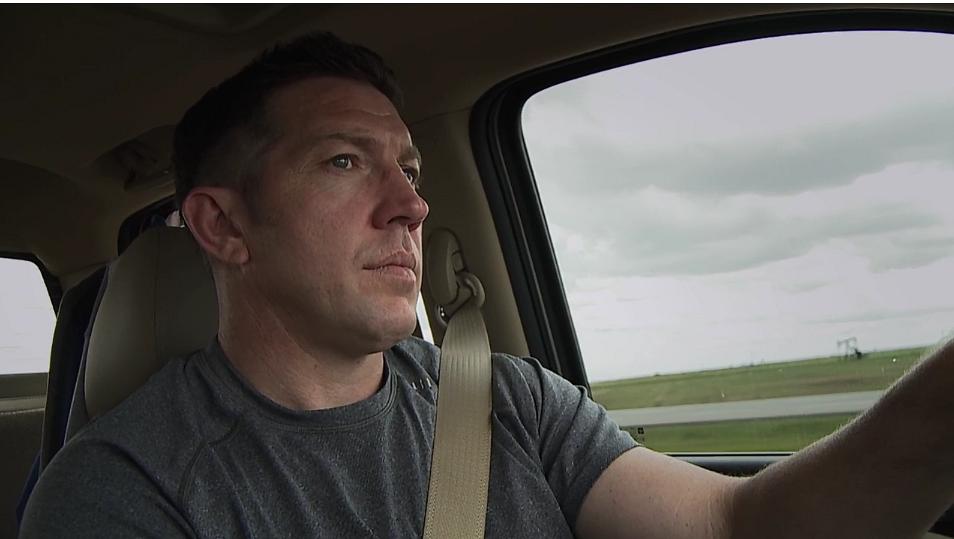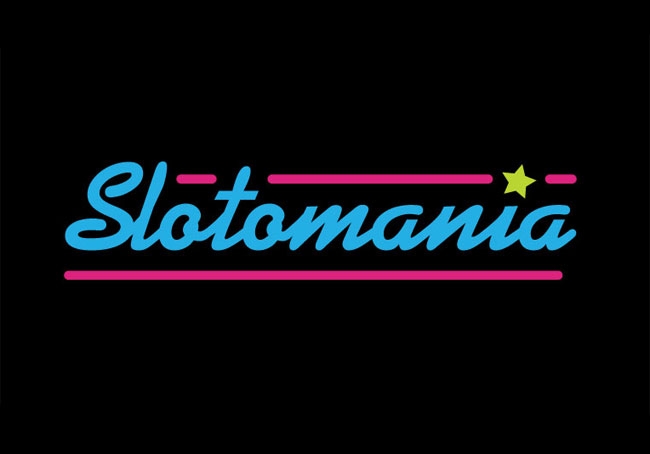
Sheldon Kennedy Wants You to Talk About Sexual Abuse
Photo courtesy of swiftcurrentdoc.com.
For those of you who are lifelong hockey fans, you probably know the name Sheldon Kennedy, and the association might not be completely positive. He played for the Calgary Flames, the Boston Bruins and the Red Wings, and during that time, fans saw his career flounder at the hands of his substance abuse, and his reckless lifestyle.
In 1998, Kennedy admitted publicly that as a young boy he endured years of sexual abuse at the hands of his hockey coach, Graham James. Last week, Kennedy stood in front of distinguished guest in Ottawa to talk about his experience. Hosted by KPMG, the event showcased Kennedy’s biggest public move to date.
Almost two decades after he first came out with his story of sexual abuse, Kennedy agreed to be the subject of a documentary called Swift Current, a movie that follows his story and the story of two other people who survived sexual abuse as children. The movie is touching, hard to watch and infuriating at times, but it focuses on an issue that Kennedy argues needs to be addressed. Although admitting his sexual abuse to the world was a huge step on Kennedy’s road to recovery, it was really only a small part of his long and painful path.
The fact is, sexual abuse doesn’t end when the abuse stops; it’s something that marks children and adults for life. Throughout the movie, we learn that all of Kennedy’s reckless behaviour as an adult stemmed the years of abuse, and the secret he had to keep from everyone he knew.
This is why he agreed to do the movie and divulge painful and personal details for the world to see. But this isn’t the only thing that Kennedy has done since his public admission in 1998. He has since become sober, and in 2013 he spearheaded the opening of the Sheldon Kennedy Child Advocacy Centre in Calgary, Alberta.
The centre focuses on an integrated model of helping children affected by sexual abuse. This not-for-profit gathers over 95 professionals from six partner organizations, blending investigation, treatment, prevention, education and research from experts in the field.
Kennedy admits that most of the children the centre works with are between the ages of four and seven; of these children, they found that 98 per cent of the time the abuser is someone the child knows, and even more tragically, 48 per cent of the time the abuser is a family member. Kennedy also highlights that sexual abuse isn’t just a social problem, it’s also a health problem. According to Kennedy, childhood sexual abuse often leads to substance abuse problems. It’s this ongoing impact that Kennedy believes people just don’t fully understand.
That’s because childhood sexual abuse is still often an issue that people just don’t feel comfortable talking about. People who suspect someone of being an abuser are often worried about offending others with an accusation, and those who are abused are often too ashamed to come forward due to social stigma. As it’s shown in Swift Current, sexual abuse can never really be forgotten because if it’s not dealt with, it destroys from within.
But it doesn’t need to be that way, Kennedy says. He argues that through education and openness, the effects of sexual abuse can be dealt with if the children are given the chance to actually deal with these events, rather than hiding them away from the world.
“It’s about hope. There are a lot of people living in good recovery,” said Kennedy. “You don’t see enough of them. We need to show these kids how to get their life back.”
That is one purpose of the documentary, produced by three-time Academy Award winner Mark Jonathan Harris and directed by Joshua Rofé. The stories in the movie are indeed discomforting, but they’re also empowering, because those burdened with the secret and shame of sexual abuse are given the platform to speak openly with the world. Now it’s our job to listen.
To book a private screening, visit Swift Current’s website.









